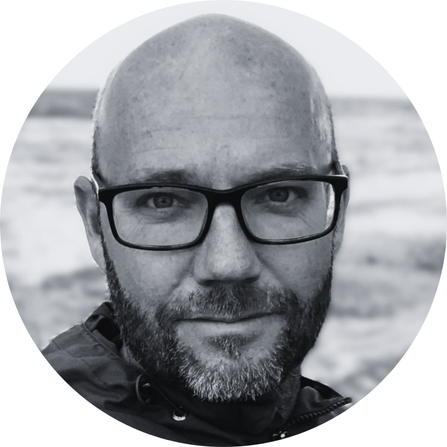Date: Tuesday 2 September 2025
Time: 17:00-18:00 BST (online); 17:00-18:30 (in-person)
Location: Chemonics UK, 1 Benjamin Street, London, EC1M 5QL, UK
Climate change poses fundamental challenges to peace and stability. Many countries hosting peacebuilding operations or experiencing armed conflict are highly vulnerable to its impacts. Climate change undermines livelihoods, weakens state institutions, and creates pathways to radicalisation and insurgency. It also presents operational challenges for peacebuilding actors, including working in resource-deprived environments, managing water scarcity and extreme weather, and responding to multiple, overlapping crises.
Yet, there are also opportunities in addressing the dual challenges of climate change and peacebuilding. UN peacekeeping missions and peacebuilding NGOs are increasingly integrating environmental concerns into their operations to harness synergies. Conflict sensitivity is an emerging priority in climate mitigation and adaptation efforts, while local communities are developing cooperative responses to cope with intensifying climate extremes.
This hybrid event was held in-person at the Chemonics UK office and online.
Speakers:

Christophe Hodder
The first United Nations Climate Security and Environmental Advisor to Somalia, where he works to implement its mandate on environment and security, and member of the Climate Security Expert Network. Previously, he worked as the Project Director for Médecins Sans Frontières (MSF) in DRC and Chad and led Save the Children UK’s response to the Ebola Crisis in West Africa. He also has expertise on South Asia.

Héctor Morales Muñoz
Senior Advisor in Climate Diplomacy and Security at adelphi, with over 15 years’ experience in climate, peace, and development across Latin America and Africa. He specialises in environmental peacebuilding and has led initiatives for the African Union, UNDP Nigeria, and UNEP Sudan. A PhD candidate at Humboldt University and an LSE graduate, he advises governments and NGOs on conflict-sensitive, sustainable strategies.

Nina von Uexkull
Professor of International Politics at the University of Konstanz and Adjunct Professor at Uppsala University. For over 15 years, she has researched how climate change and natural hazards affect conflict and human security, using statistical analysis, surveys and fieldwork. Her work appears in leading journals including PNAS, Journal of Politics, and Nature, and she has advised organisations such as the World Bank, UN FAO, and the European Commission.

William John Walwa
Political scientist at the University of Dar es Salaam, with expertise in peace, conflict and security across Eastern and Southern Africa. His work spans democracy, human rights, governance, environmental security, migration, and violent extremism. He holds master’s degrees in Peace and Conflict Studies (UPEACE, Costa Rica) and Political Science (UDSM, Tanzania).
Moderator:

Halvard Buhaug
Research Professor at Peace Research Institute Oslo (PRIO), Professor of Political Science at Norwegian University of Science and Technology (NTNU), Associate Editor of the Journal of Peace Research, and a Senior Fellow at the University of Konstanz’s Politics of Inequality cluster. His research focuses on the security dimensions of climate change and has been supported by organisations including the EU, World Bank, and UN OCHA. He is a recipient of ISA’s Karl Deutsch Award and a Lead Author of the IPCC Sixth Assessment Report.
